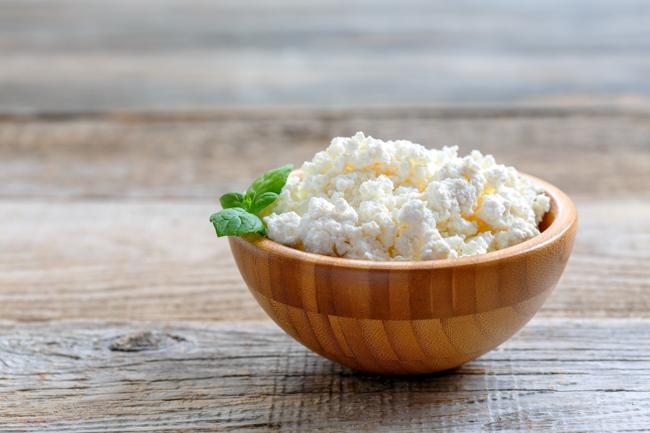Summary
Kombucha is a fermented drink made from green or black tea, sugar, and a symbiotic colony of bacteria and yeast. Many people drink it to support their weight loss.
Source: Health on MSN.com

AI News Q&A (Free Content)
Q1: What is kombucha, and how is it traditionally made?
A1: Kombucha is a fermented, effervescent, sweetened black or green tea drink that originated in China. It is made using a symbiotic culture of bacteria and yeast (SCOBY), which ferments sugared tea. The microbial population in the SCOBY varies, but typically includes Saccharomyces cerevisiae yeast and Gluconacetobacter xylinus bacteria. The fermentation process produces a slightly sour, fizzy beverage. Kombucha is consumed globally, both as a homemade beverage and as a commercially bottled product.
Q2: Is there scientific evidence that kombucha helps with weight loss?
A2: Current scientific evidence does not robustly support claims that kombucha directly aids weight loss. While kombucha is popular among individuals seeking weight management, there are no significant clinical trials or large-scale studies confirming its efficacy for weight loss in humans. Most health benefits associated with kombucha remain anecdotal, and regulatory bodies do not recommend it as a weight loss aid.
Q3: What are the nutritional components of kombucha, and can it address any nutrition deficiencies?
A3: Kombucha contains small amounts of vitamins, organic acids, and probiotics, but its nutritional content varies depending on the fermentation process and ingredients used. While it can contribute minor nutrients, it is not considered a significant source of essential vitamins or minerals and should not be relied on to address nutrition deficiencies. Balanced nutrition requires a diverse diet that kombucha alone cannot provide.
Q4: Are there health risks associated with drinking kombucha, particularly regarding nutrition deficiency?
A4: Kombucha is generally safe when commercially produced and consumed in moderation by healthy adults. However, rare but serious adverse effects such as metabolic acidosis and contamination have been reported, mainly from home-brewed kombucha. There is no evidence that kombucha consumption causes or cures nutrition deficiencies, but it should not replace nutrient-rich foods in the diet.
Q5: How does the fermentation process of kombucha impact its nutritional profile?
A5: The fermentation process in kombucha leads to the production of organic acids, trace vitamins (such as B vitamins), and probiotics. However, the exact nutritional profile varies widely due to differences in fermentation time, tea type, sugar content, and microbial populations in the SCOBY. While beneficial compounds are produced, the concentrations are generally low and not sufficient to correct dietary deficiencies without a balanced diet.
Q6: What does recent scholarly research say about plant nutrition deficiency, and how does this relate to human nutrition?
A6: Recent research, such as the 2024 study 'PND-Net: Plant Nutrition Deficiency and Disease Classification using Graph Convolutional Network,' focuses on detecting plant nutrition deficiencies using advanced AI methods. Identifying plant deficiencies is crucial as they impact crop yields and, consequently, human nutrition by affecting the availability and quality of plant-based foods. Ensuring plant health thus indirectly supports improved human nutrition and food security.
Q7: Have any recent studies addressed the relationship between dietary behavior and nutrition deficiency in human populations?
A7: A 2025 study titled 'Logistic Regression Analysis on the Dietary Behavior and the Risk of Nutritional Deficiency Dermatosis' analyzed dietary patterns in the Bicol region of the Philippines. It found a 15.75% prevalence of nutritional deficiency dermatosis, with a strong link to low riboflavin intake. The study highlights the importance of dietary diversity and nutrient-rich foods to prevent deficiencies, underscoring that beverages like kombucha cannot replace essential nutrients from a well-rounded diet.
References:
- Kombucha – Wikipedia: https://en.wikipedia.org/wiki/Kombucha
- SCOBY – Wikipedia: https://en.wikipedia.org/wiki/SCOBY





